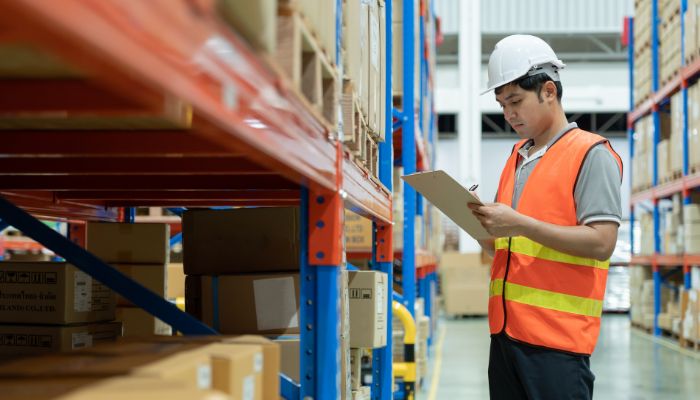Machinery transport plays a crucial role in the logistics of heavy equipment, offering significant advantages in both time savings and cost efficiency. Heavy machinery, often bulky, heavy, and complex, requires specialized transportation solutions to move safely and efficiently from one location to another. By utilizing dedicated machinery transport services, companies can streamline their operations, reduce downtime, and ultimately save money, making it an indispensable part of modern industrial logistics. One of the primary ways machinery transport saves time is by offering tailored solutions designed specifically for heavy equipment. Unlike general freight transportation, which might require multiple handling stages or transfers, machinery transport providers use specialized trailers and vehicles built to carry large, heavy, and sometimes awkwardly shaped equipment securely. This reduces the risk of damage and eliminates the need for repackaging or excessive loading and unloading, which can add days to a project timeline. Fast, direct routes and professional handling also ensure that the equipment arrives promptly, allowing projects to begin on schedule without costly delays.

Moreover, professional machinery transport companies understand the complexities involved in moving heavy equipment, such as obtaining necessary permits, coordinating with local authorities, and ensuring compliance with transportation regulations. This expertise prevents legal and logistical hurdles that can cause unexpected holdups. By managing these aspects proactively, machinery transport providers enable businesses to avoid the administrative bottlenecks that often slow down shipments, further contributing to time savings. In terms of cost reduction, machinery transport offers significant benefits by minimizing equipment downtime. Heavy equipment is expensive, and idle machinery represents lost revenue. When transport is slow, projects stall, leading to extended rental periods, additional labor costs, and missed deadlines. Efficient machinery transport reduces the time equipment spends offsite, helping companies maintain productivity and control expenses. This is particularly valuable in industries like construction, mining, and agriculture, where timelines are tight, and delays can cascade into higher project costs. Additionally, specialized machinery transport reduces the risk of damage during transit.
Heavy equipment is delicate despite its robust appearance, and improper handling or inadequate transportation methods can lead to costly repairs or even replacement. Transport providers use appropriate securing techniques and equipment designed to handle the weight and dimensions of machinery safely. This decreases the likelihood of damage-related costs and insurance claims, translating into financial savings for businesses. Another cost-saving aspect lies in the economies of scale that professional machinery transport services offer. Instead of businesses investing heavily in their own fleet of transport vehicles and training personnel for specialized handling, they can rely on third-party experts who have the necessary infrastructure and experience. This outsourcing reduces capital expenditures and ongoing maintenance costs while providing access to a range of equipment tailored to different types of machinery. By reducing downtime, preventing damage, and eliminating logistical obstacles, these transport solutions help businesses optimize their operations and maintain competitive advantage in demanding industries. Ultimately, investing in Transporte de maquinaria translates into smoother project execution and significant cost savings, making it an indispensable strategy in the modern heavy equipment landscape.